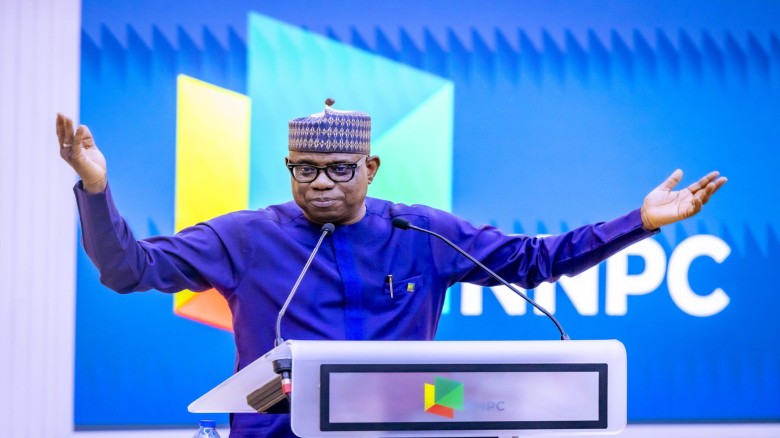Nigeria secures $747m loan for Lagos-Calabar coastal project
The federal government has commenced compensation payments for properties that were demolished to make way for the Lagos-Calabar coastal highway.Nigeria has secured a $747 million syndicated loan aimed at financing the construction of Phase 1, Section 1 of the Lagos-Calabar Coastal Highway.
In a statement released on Wednesday, Mohammed Manga, the Director of Information and Public Relations at the Ministry of Finance, announced that the loan will cover the 47.47-kilometre segment linking Victoria Island to Eleko Village in Lagos.
He highlighted that this is the largest syndicated loan allocated for a road project in Nigeria's history, showcasing strong confidence from international investors in the nation's reform initiatives and infrastructure development plans.
He mentioned that Deutsche Bank acted as the global coordinator, initial mandated lead arranger, and bookrunner, and also participated in the syndicate along with other regional and global financiers.
The director also pointed out that the Islamic Corporation for the Insurance of Investment and Export Credit (ICIEC) provided partial insurance to help mitigate political and commercial risks.
“The syndicate is backed by development finance institutions, export credit agencies, and international commercial banks, notably First Abu Dhabi Bank, which serves as Agent across all facilities and Intercreditor Agent, emphasizing its robust support for Nigeria,” he stated.
“Other financial institutions involved include the African Export-Import Bank, the Abu Dhabi Exports Office (ADEX), the ECOWAS Bank for Investment and Development (EBID), Nexent Bank N.V. (previously known as Credit Europe Bank N.V.) and Zenith Bank (through its UK, Paris, and Nigeria branches).
“The project has been structured under an EPC+F (Engineering, Procurement, Construction + Financing) contract awarded to Hitech Construction Company, one of Nigeria’s prominent infrastructure firms.”
Manga elaborated that this structure is intended to promote a strategic collaboration between the government and the private sector, effectively aligning technical execution with financing solutions.
The statement noted that this approach facilitates expedited project delivery while stimulating private sector interest in investing in essential national infrastructure.
He added that construction of Phase 1, Section 1 of the highway is already over 70 percent finished.
“The highway, built using Continuously Reinforced Concrete Pavement (CRCP), demonstrates a commitment to long-term durability and efficiency. Designed for a lifespan of at least 50 years with minimal maintenance, it provides exceptional durability and cost-effectiveness,” the statement indicated.
“The project’s design and implementation have been guided by thorough technical, legal, environmental, and social assessments, ensuring adherence to the highest international standards.
“The Lagos-Calabar Coastal Highway will function as a crucial trade and logistics corridor, improving regional integration, tourism, lowering transportation costs, and generating employment opportunities. A tolling strategy is currently being developed to secure the project’s operational and financial sustainability.
“These mechanisms will establish a self-sustaining, concession-backed framework, aiding in ensuring long-term viability. Financing for future phases is already being arranged, attracting significant interest from both regional and international investors.”
Manga remarked that this significant transaction highlights a renewed interest from global financial institutions in Nigeria, ignited by assertive macroeconomic reforms and the government’s emphasis on delivering viable and transformative infrastructure projects.
























Leave A Comment